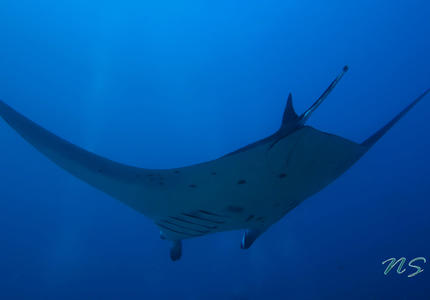In the run-up to 2017's G20 under Germany's presidency, IDDRI contributed to the G20 Insights Initiative, a platform gathering the analyses and recommendations of more than 170 international think tanks from G20 Member States, as well as to the F20 Platform, an alliance of foundations and philanthropic organisations.
Recommendations dealing with climate poliies, ecological transition and Sustainable Development Goals have therefore been forwarded directly to the G20 in preparation of the Hamburg Summit taking place on July 7-8.
Abstract:
G20 should initiate a global Ocean governance process and call for Ocean Economy dialogues, strategies and regional cooperation to ensure that investment and growth in ocean use become sustainable and reach their full potential.
The ocean is the largest and a most critical ecosystem on Earth, with many interactions between the ocean Sustainable Development Goal (SDG14) and other SDGs. It is one of the most biologically diverse and highly productive system on the planet, and potentially the largest provider of food, materials, energy, and ecosystem services. However, past and current maritime sectors’ uses of the ocean continue to be unsustainable. Increasing demand for resources, technological advances, overfishing, climate change, pollution, biodiversity and habitat loss, along with inadequate stewardship and law enforcement, are contributing to the ocean’s decline.
As a standing agenda item for the G20, and with associated good governance, a sustainable Ocean Economy can improve the health and productivity of ocean ecosystems, and reverse the current cycle of deline. Better governance, appreciation of the economic value of the ocean and ‘Blue Economy’ strategies can reduce conflicts among uses, ensure financial sustainability, ecosystem integrity and prosperity, and promote long-term national growth and employment in maritime industries.





